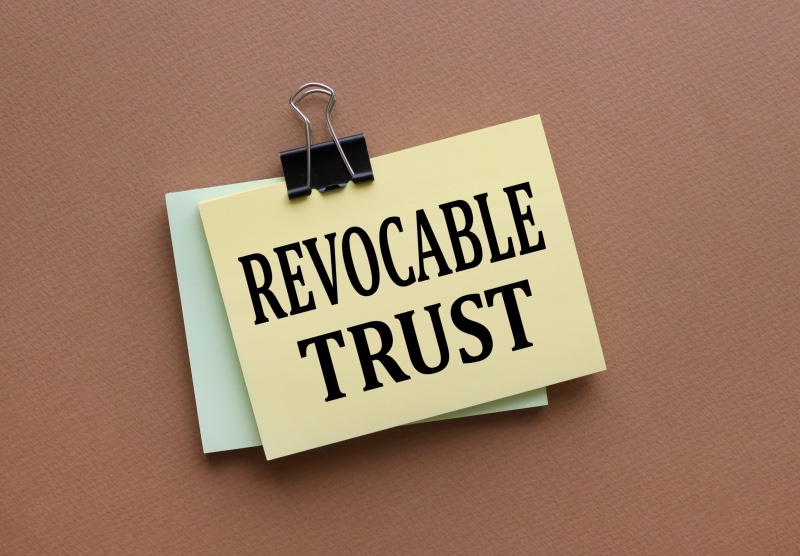
Estate Planning and Divorce in California
March 1, 2022
Charitable Giving and Your Estate Plan in California
April 1, 2022Your estate refers to your assets and properties, and the most considerable asset for many people is their family home. Therefore, estate planning and your family home should go together. Because the home is the cornerstone of a person’s estate, it is important to do the background work that will allow this major asset to transfer to his or her heirs as effectively, efficiently, and affordably as possible when the time comes. Diving into estate planning can seem daunting, but an experienced estate planning attorney from Kushner Legal in Los Angeles can help. Consider calling (310) 279-5166 to schedule a consultation.
Real Property
Real property refers to land, improvements to the land, and any permanent structures on the land. As such, a home is real property, and the transfer of real property upon a homeowner’s death is distinct from the transfer of other assets, such as:
- Bank accounts
- Personal property, including jewelry, cars, art, and anything else of value
- Insurance policies
- Stocks and bonds
The primary distinction is that ownership of a home is established through a deed, which is recorded in the appropriate jurisdiction’s land records. Estate planning is a complex legal matter, but the experienced attorneys at Kushner Legal are positioned to effectively and efficiently address your concerns as they relate to estate planning and your family home.
Your Home’s Title
How a person’s home is titled will significantly affect how it will be transferred to loved ones. The primary means of titling a home include:
- Sole Ownership—The home’s title is in one person’s name only and is, therefore, in its entirety, part of the person’s estate.
- Community Property—If the home is co-owned with a spouse or domestic partner, it is considered community property. Transfer of the home will require both signatures. One half of the property, however, can be included in estate planning according to the owner’s wishes.
- Community Property with the Right of Survivorship—If the home is titled as community property with the right of survivorship, when either spouse dies, the title will automatically be transferred to the surviving partner.
- Joint Tenancy—Couples who are not married can own a home together in what is called joint tenancy, which is having a right of survivorship for community property.
- Tenants in Common—Tenancy in common refers to two people who own a home and have no express right of survivorship. As such, each person owns a portion of the home, and each may transfer his or her portion of the real property according to his or her wishes.
Your Estate Plan and Probate
An estate plan helps to ensure that a person’s assets, including a home, are distributed to heirs according to his or her wishes. Having a plan in place has the effect of maximizing efficiency and minimizing expense. If a person has sole ownership of a home (or owns a portion with a tenant in common title), this ownership is part of his or her overall estate and will be distributed according to the person’s will—moving through the probate process—unless an estate plan allows a transfer of the home via a method that bypasses probate. While the probate process is intended to ensure the fair distribution of a person’s assets, it can be a laborious, time-consuming, expensive, and public process.
Putting Your Home into a Trust
One of the primary mechanisms for ensuring that a person’s home avoids the probate process is through the creation of a trust. Real property, such as a home, can be transferred to a trust during the owner’s lifetime, and the trust acts as a set of instructions for the trustees regarding how the property should be used. While the trust becomes the owner of the home, the homeowner can become sole trustee. This allows the homeowner to retain ownership rights until a named successor trustee is needed. The value of the asset will not be excluded in terms of the estate’s taxation, but the family home will avoid the probate process.
Reach Out to an Experienced Los Angeles Estate Planning Attorney for Guidance
If you have questions or concerns about estate planning and your family home, the capable Los Angeles estate planning attorneys at Kushner Legal have experience helping clients like you protect their assets by ensuring that those assets transfer to their loved ones according to their wishes when the time comes. To learn more about how we can help you, consider calling (310) 279-5166 to schedule a consultation.




